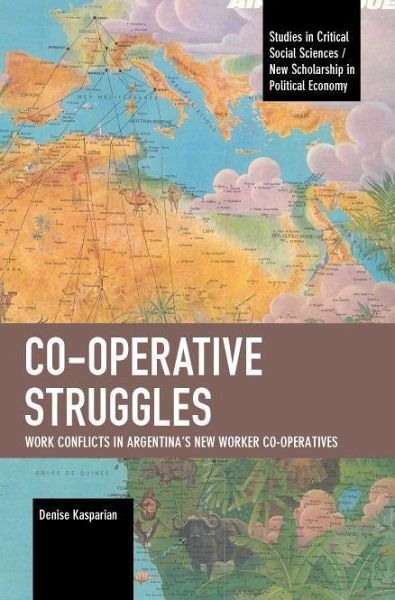
Co-Operative Struggles
Work Conflicts in Argentina's New Worker Co-Operatives

PAYBACK Punkte
19 °P sammeln!
This important study of the Argentinian co-operative movement asks what leads workers without bosses to conflict?

Work Conflicts in Argentina's New Worker Co-Operatives

Rechnungen
Bestellstatus
Retourenschein
Storno